After the so-called Arab spring, different narratives have come out about the reformation and the rebuilding of the Arab states in the aftermath of changing their political systems. However, different narratives coming from global powers such as the European Union endorse the importance of prioritizing democracy for the process of reformation while on the other hand in-depth observation of the current policies of those states reveals that they are prioritizing Economic and military stability over democracy and here comes the paradox; “what should come first in the process of reforming Arab states”. Importantly, if reform necessitates popular satisfaction in order to be sustainable, would democracy still constitute the goal policy makers, supposedly, should work to achieve?
Stages of Reform
The theory of modernization stipulates that once the process of economic development is reached, democracy can then be achieved in this society. In other words, for any society to be democratic, economic reform should be sought which will pave the way then to any form of democratization. According to Rostow’s model of growth, states go through five stages of economic development as a pre-condition for “modernization”; also known as democracy. Going beyond the theory of modernization, we argue that populations’ satisfaction is an essential ingredient in the equation of development. Accordingly, the argument goes that for the Arab world to reach a situation where its people are satisfied, economic development should be reached at the beginning. This is because economic development would be the main engine for building a middle class able to communicate people’s demands. Moreover, it helps in having a good educational system which shapes the minds of the people who are going to participate in any democratic processes after that. Most importantly, we argue that the people in the Arab countries themselves prioritize economic development and stability over democratic rights. Thus, the right path for those countries to follow is; stability, economic development and finally democracy.
To determine the steps that should be taken in order to reform, one must understand the mindset of the people. Were the people who revolted against authoritarian regimes in 2011 searching for democracy or were they just trying to improve their standards of living? An analysis of the situation proves that prioritizing democracy is not the people’s choice at this point of time. But, it is the pressing situation that dictates the prioritization of security and economy. Focusing on the public’s satisfaction, in a survey conducted by Arab Barometer in 2019 asking Egyptians about the most important issue to be tackled in their country, it is shown that Economy and fighting terrorism occupy the highest rates (Fig 1). Terrorism and economic development even came before any other thing. Political participation and democratic institutionalization were not even dragged on the list. Probably, the category named “other” which constituted 9% of peoples’ preoccupations included them. In this case, it reflects the very little attention paid to democracy especially in times of economic hardships. If not, it reveals even less enthusiasm towards political participation for not being mentioned.
The Undemocratic Democrats
Just after the Arab spring and the eruption of wide mass protests all-over Arab countries in what was perceived back then as to be the fourth wave of democratization, western democracies understood that their old policies of accommodating resilient regimes in the region were flawed. Western democracies were caught by surprise as they were not able to predict the drastic changes which were taking place in a region ruled by highly stable regimes. Lately, their policies shifted as they started to use their aid conditionality as a tool for implementing democracy in non-democratic states. Focusing on the EU policies in the region after the Arab spring especially the fall of Mubarak and Ben Ali’s regimes, the EU for instance turned to be a supporter for the democratic process in Egypt and they even called for a paradigm shift in its relations based on more focus on democratic transformation endorsing the new concept of ‘’deep democracy’’. Thus, the European Union’s policy prioritized the adoption of democracy in those countries over any other goal. This kind of policy is considered as a revised policy because the old pre-Arab spring policy of supporting regional leaders proved to be a failure for the EU. Moreover, any kind of economic aid received from the EU to those countries was followed by a series of conditions concerning democratization which became known as the EU conditionality after the Arab spring.
On the other hand, the advocated policies in the Arab countries after the Arab Spring have demonstrated a path different from the one adopted by the EU. Democracy is considered important but other things are considered of a paramount importance. the argument here is not regarded with whether the policies the EU is trying to impose with the conditionality force are right or not. But, it is all about the way they are trying to make underdeveloped nations follow the same path the west has undergone before. Timing, sequence and structure of the current developing nations differ from that Europeans have witnessed while establishing their development were different; meaning that a different pair of glasses should be worn in the process of shaping the future of the region. The west-centric approach taken by westerners and their keenness on imposing democratic values renders the democrats undemocratic.
In conclusion, Modernization theory reflects the stages states go through before they reach the ultimate stage of economic development after which they become eligible for democratic transformation. Even though some of the theories’ perceptions are distorted and west-centric, it helps in understanding the sequence of steps underdeveloped nations need to go through before they become fully democratic. Additionally, it should be taken into consideration what people perceive as their aim because imposing democracy on non-democratic states is an undemocratic act in itself. When dealing with undemocratic states, the west needs to understand that their current policies need to be revised. The question then remains; what comes first in the process of reform? Do we need to have economic development and stability and then democracy or democracy should come first or can we do all simultaneously?
References
Peters, Joel. “The European Union and the Arab Spring Promoting Democracy and Human Rights in the Middle East.” Rowman& Little Field, 2012.
Diamond, Larry. “7. Seymour Martin Lipset. 1959. ‘Some Social Requisites of Democracy: Economic Development and Political Legitimacy.’ American Political Science Review 53 (March): 69–105 Cited 455 Times.” American Political Science Review 100, no. 04 (2006): 675. https://doi.org/10.1017/s000305540628256x
Brueckner, Markus, Era Dabla-Norris, Mark Gradstein, and Daniel Lederman. “The Rise of the Middle Class and Economic Growth in ASEAN.” Open Knowledge Repository. World Bank, Washington, DC, 2017. https://openknowledge.worldbank.org/entities/publication/cb1446de-608f-5627-ae8a-a8d7dabe629d
Welzel, Christian, Ronald Inglehart, and Stefan Kruse. “Pitfalls in the study of democratization: Testing the emancipatory theory of democracy.” British journal of political science 47, no. 2 (2017): 463-472.
Barometer, Arab. “Arab Barometer V Egypt Country Report.” Arab Barometer, 2019. https://www.arabbarometer.org/wp-content/uploads/ABV_Egypt_Report_Public-Opinion_Arab-Barometer_2019.pdf
Urbinati, Nadia. “Democracy Disfigured .” – Nadia Urbinati | Harvard University Press, 2014. https://www.hup.harvard.edu/catalog.php?isbn=9780674725133
Teti, Andrea. “Democracy without social justice: Marginalization of social and economic rights in EU democracy assistance policy after the Arab Uprisings.” Middle East Critique 24, no. 1 (2015): 9-25.
Isa, Felipe Gómez. “EU promotion of deep democracy in Egypt after the Arab spring: A missed opportunity?.” Revista electrónica de estudios internacionales (REEI) 33 (2017): Gómez Isa, F., 2017. EU promotion of deep democracy in Egypt after the Arab spring: A missed opportunity? Revista Electrónica de Estudios Internacionales, (33).
Biscop, Sven, Rosa Balfour, and Michael Emerson. “An Arab springboard for EU foreign policy?.” (2012).
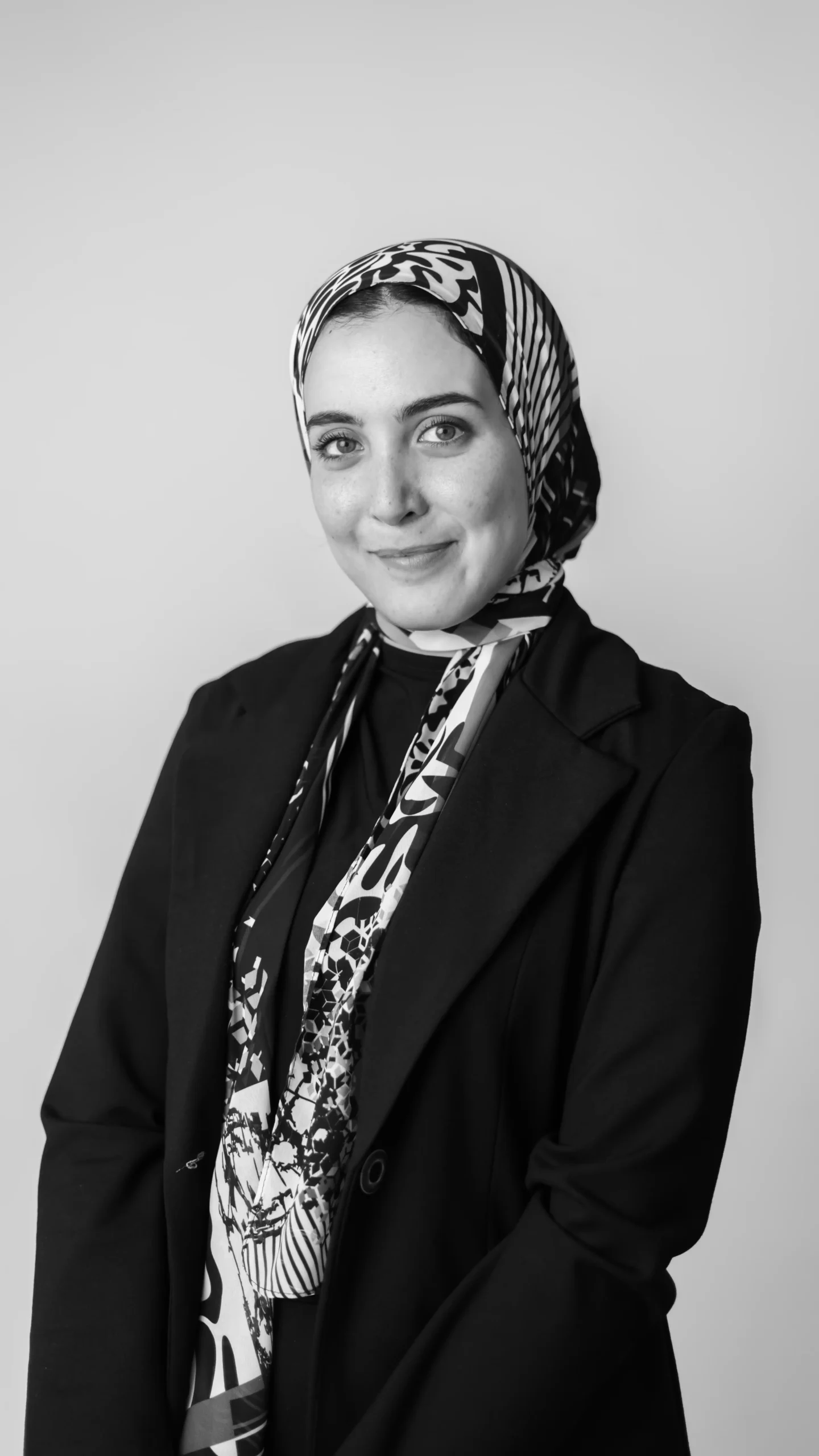

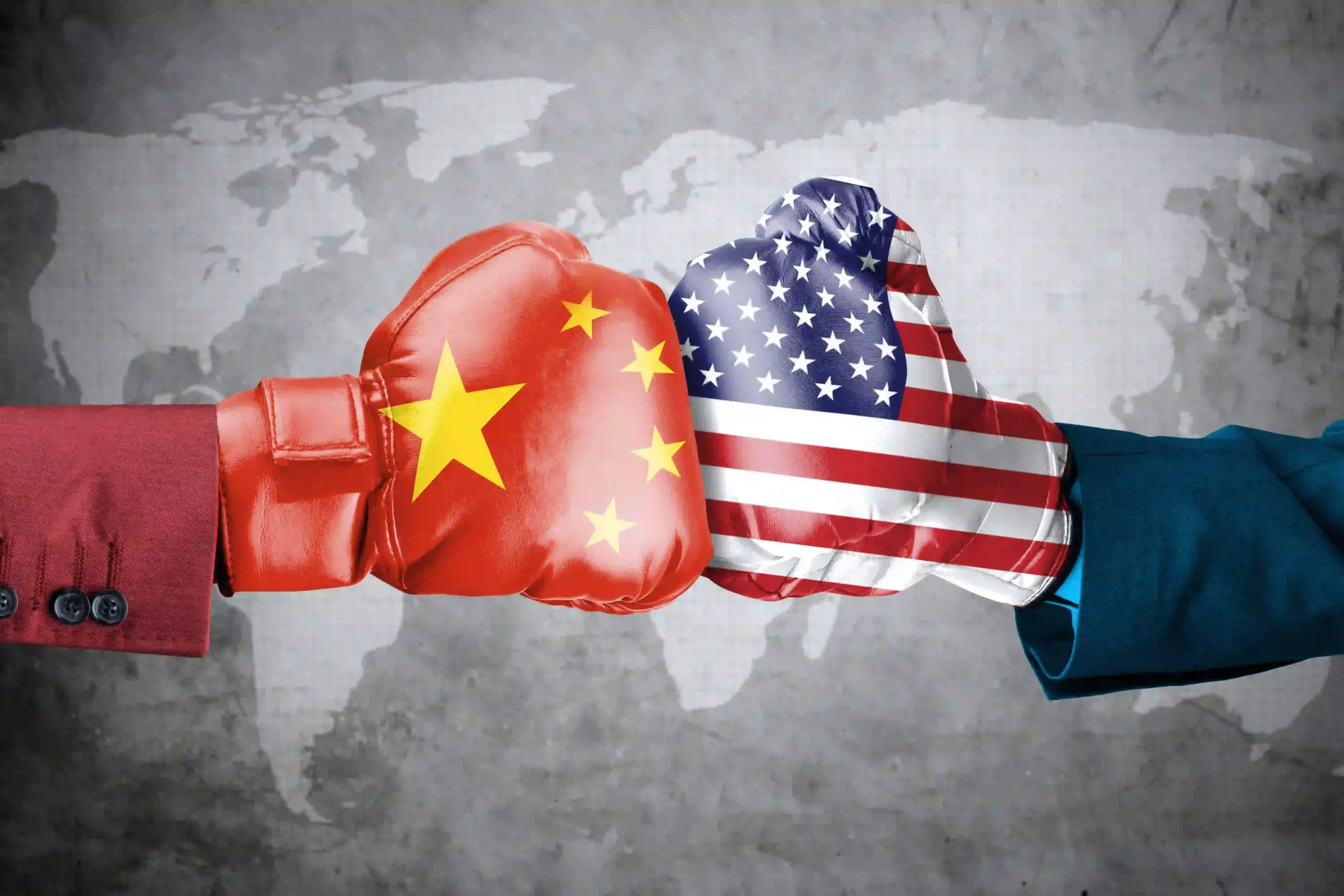
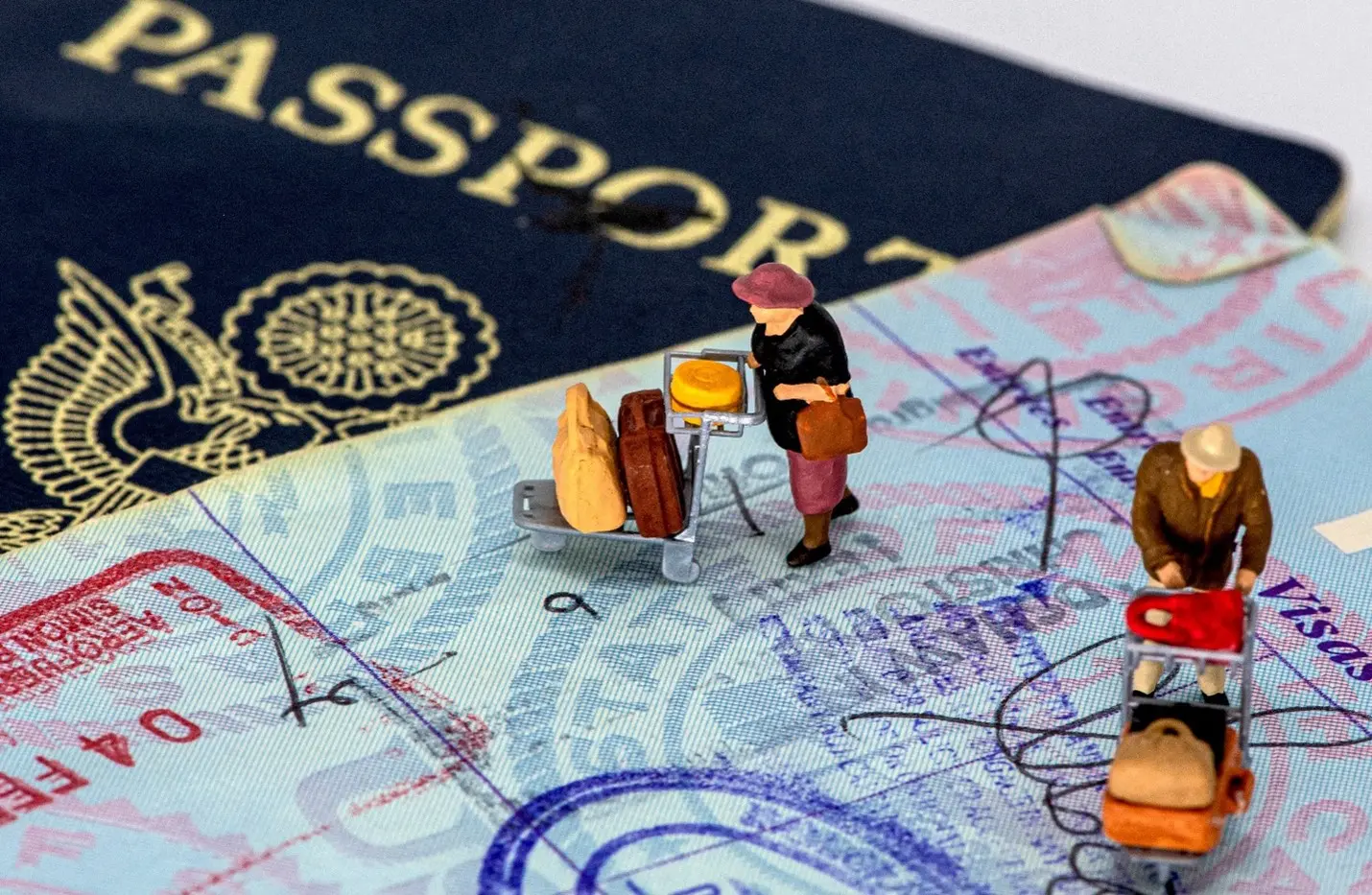
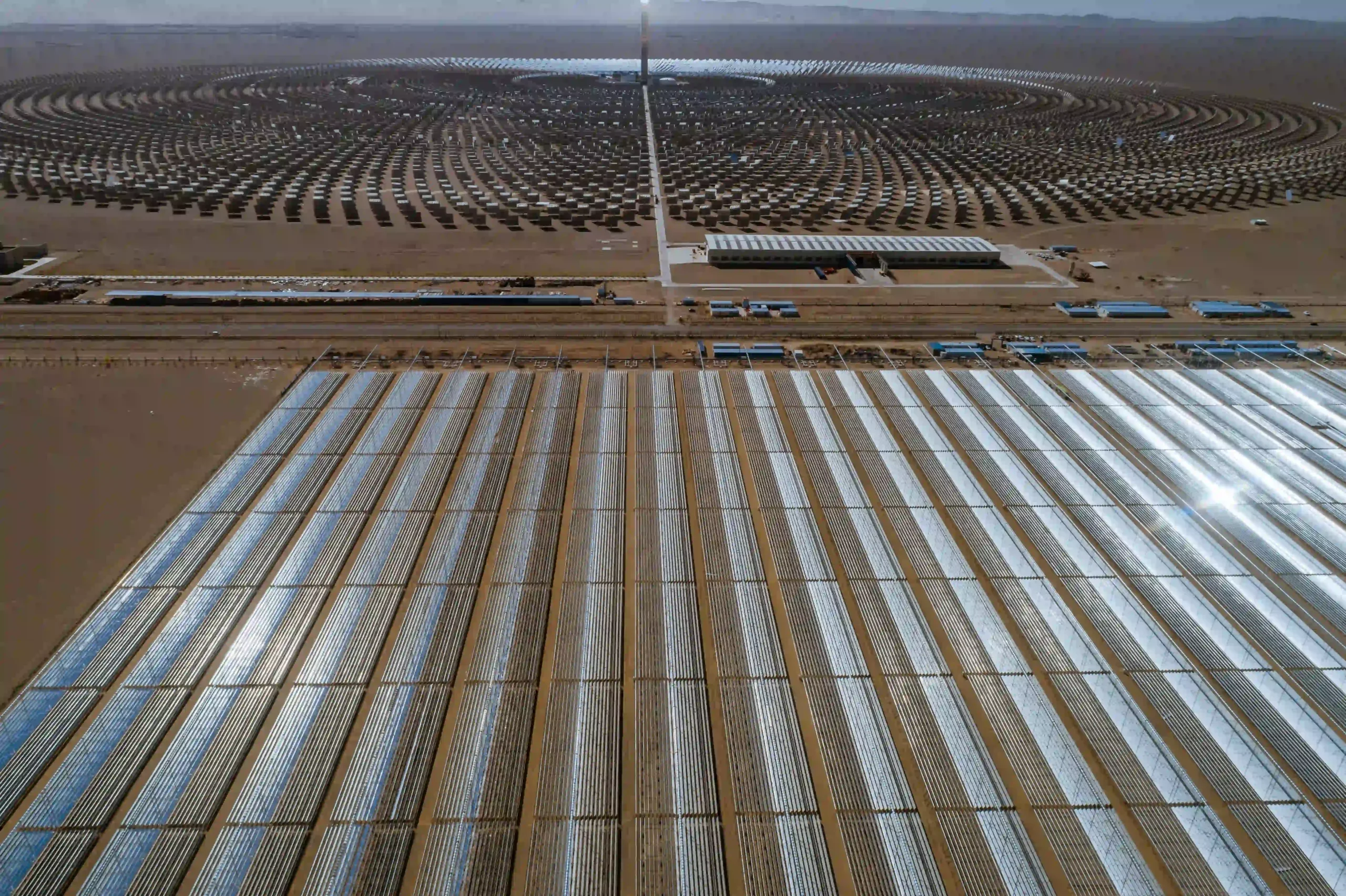
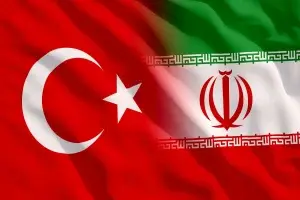
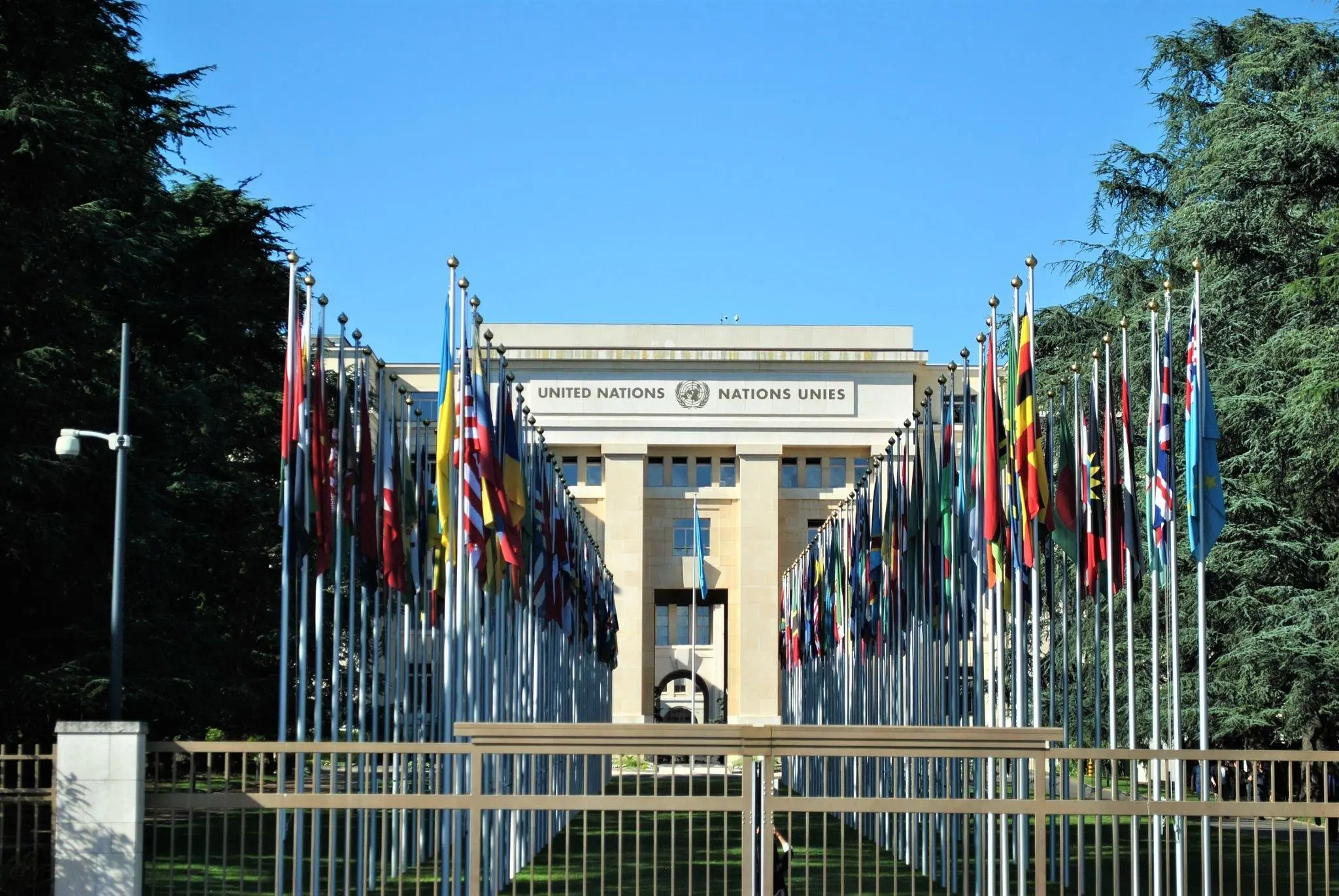



Comments